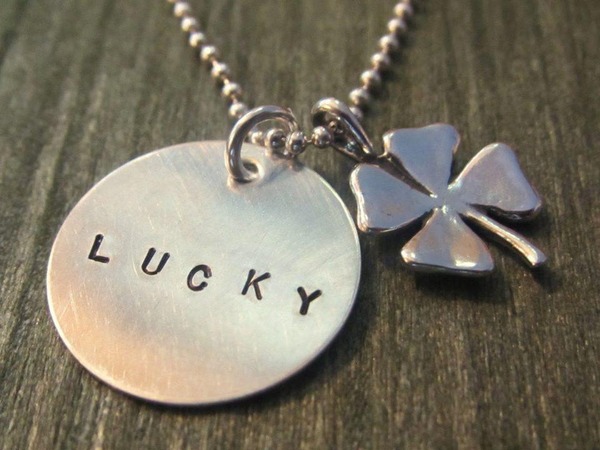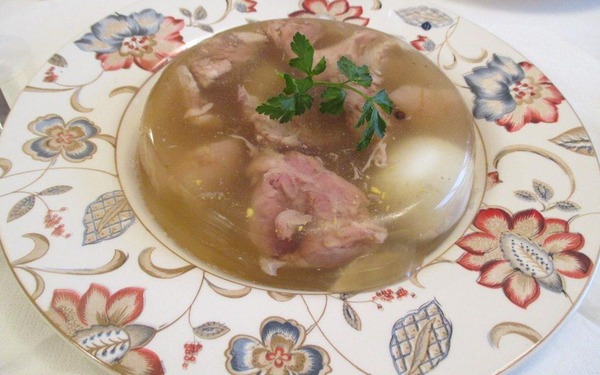New Year’s custom, traditions, and superstitions in Hungary

Photo: transformystic.com
Like in many parts of the world Hungary also has a bevy of interesting traditions, dos and do nots, food related superstitions, like what is considered bringing you luck to eat on the first day of the year.
Why is New Year’s Eve called Szilveszter in Hungary? Can you make divination by using garlic? In this article we would like to provide you a little guide to the various customs regarding the first day of the year.
What is the connection between the name Sylvestre and New Year’s Eve?

Photo: Worldpress.com
The reason why Hungarians refer to this day as Szilveszter is Hungary celebrates name days as well. Every name has its corresponding day in our calendar. For instance, those who are named Silvester celebrate their name days on the 1st of January. Therefore, in common language Hungarians refer to the New Year as Újév or Szilveszter. A more historical explanation is that this day commemorates the “vigil”, the night of St Sylvestre who lived in the 4th century. This day was remembered as a great turning point for Christianism as Constantine the Great stopped hunting Christians and even acknowledged the religion.
You might commonly come across while visiting Hungary the B.Ú.É.K sign. This is an acronym, and it stands for: Boldog Újévet Kívánok – I wish you a happy new year.
Customs and traditions: What to do and not to do on the first day of the year

Photo: thatwhitepaperguy.com
Similar to the Scottish first-footer tradition, Hungarians believe the first person entering a home after midnight influences the household’s fortune for the year. Choosing the right person to cross the threshold is considered vital for ensuring good luck. Alongside first-footing, exchanging well-wishes and small gifts is a cherished practice, emphasizing unity and shared aspirations for the year ahead.
However in Hungary there is a strict list of dos and do nots, on the first day of the year telling you what you ought to do and activities you should stay away. It is common belief, that what you do on the first day you will be destined to continue doing throughout the rest of the year as well. For instance, if you do any kind of housework or chores on the first day this will become your mania for the days to come. This is why many people try to arrange get togethers with friends so that it will remain a habit for the whole year.
Taking out the trash on the first day is a big no-no none the less. For some reason this means that you are getting rid of your luck as well as your waste. It is also not a good idea to lend money on the first day, because this symbolises expenditure and is considered a bad financial omen. On the other hand, having a cleansing shower is highly recommended to get rid of the dust of the old year and despite of the celebration on the previous night you should not stay in bed for too long as it leads up to a very slow and boring year to come.

Photo: sipandfeast.com
In addition there is a strongly recommended list of food which you should or shouldn’t consume on the first day to have a successful year. For example, eating lentil and/or bean thick soup (Lencse- Babfőzelék) is highly recommended if you want to have a financially rich year! It is strictly forbidden to consume fish or poultry on the first day of the year. Eating fish will likely result in your fortune swimming away, and any kind of poultry will scratch your luck and tear it into pieces. The only solution is pork meals to be had at the beginning of the year as it will dig your luck and you will be blessed with a fortunate year. So, in conclusion after a hefty dose of sparkling wine and cocktails as a cure to your hangover, you should torture your stomach a bit more to guarantee a successful year to come.
Usually after a party hardy night the best cure for a hangover is the Korhelyleves, or “Drunkard’s Soup.” It is a traditional Hungarian dish known for its hearty and flavourful character. This soup is typically enjoyed as a hangover cure due to its comforting and revitalizing qualities. The base consists of a rich broth flavoured with onions, paprika, and various spices, and it often includes ingredients like sausage, potatoes, and bell peppers. The robust flavours and heartiness of Korhelyleves make it a popular choice, not only for its reputed hangover-relief properties but also for its delicious taste that satisfies both locals and those seeking an authentic Hungarian culinary experience.

Photo: gastroguide.com
Another seasonal favourite is the Kocsonya or Meat jelly. To prepare kocsonya, various parts of the pig, such as trotters, knuckles, or hocks, are simmered for an extended period along with vegetables, spices, and sometimes garlic. This slow-cooking process allows the collagen in the bones and connective tissues to dissolve, giving the broth a rich, gelatinous texture when cooled.
Kocsonya is typically enjoyed during special occasions, celebrations, or family gatherings. It is often served sliced, revealing the intricate layers of meat and jelly. Traditionally, it is accompanied by mustard, vinegar, or fresh bread to complement the rich flavours.
Since we mentioned garlic, is well worth mentioning that on the first day of the year a sort of divination, more like weather forecast is carried out with the help of garlic. Take 12 slices of garlic and sprinkle some salt on them. On the next day, those slices which became wet will show which months will be damp and rainy.

Photo: shutterstock
Culinary traditions play a significant role in shaping New Year’s celebrations. In Spain, consuming 12 grapes at the stroke of midnight is believed to bring prosperity for each month of the coming year. Similarly, lentils are a symbol of wealth and luck in Italy, while the Japanese indulge in toshikoshi soba, long noodles believed to represent longevity and good fortune. In Greece, smashing a pomegranate at the doorstep is thought to bring good luck, while in Denmark, broken dishes left on friends’ doorsteps symbolize enduring friendships and finally according to Slavic superstition wearing red underwear during the midnight hours will ensure you won’t start the New Year alone in your bed.
In conclusion, Silverline Cruises would like to wish you a happy and prosperous new year! We hope to see you onboard next year as well.
Good luck and happy new year!





